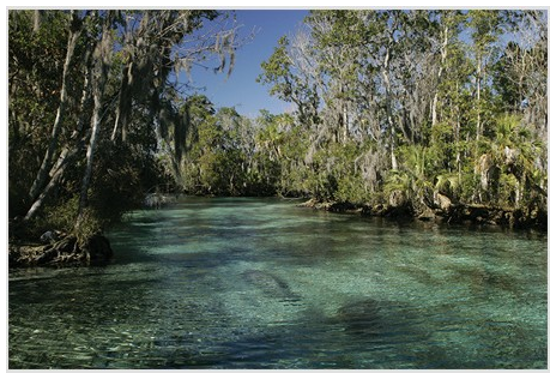The most dramatic temperature shifts in the past few decades have been
A) on land near the equator.
B) in the oceans nearest the equator.
C) in the north and south polar regions.
D) in the innermost regions of the North American and African continents.
C
You might also like to view...
Organisms that live in estuaries like the one pictured below must be able to

A) survive for part of their life in a lentic system and the other part of their life in a lotic system.
B) tolerate a wide range of salinities.
C) survive in both the epipelagic and hadal zones.
D) derive energy when living near deep-sea thermal vents.
How did plant and animal fossils contribute to the theory of continental drift?
What will be an ideal response?
Carbon dioxide concentrations in the Northern hemisphere fall from spring through autumn as carbon is taken up in growing plants, and rise through the winter as organic matter decays
Indicate whether the statement is true or false.
Distinguish between renewable and nonrenewable groundwater resources. What are the consequences of overdrawing these two kinds of groundwater?
What will be an ideal response?